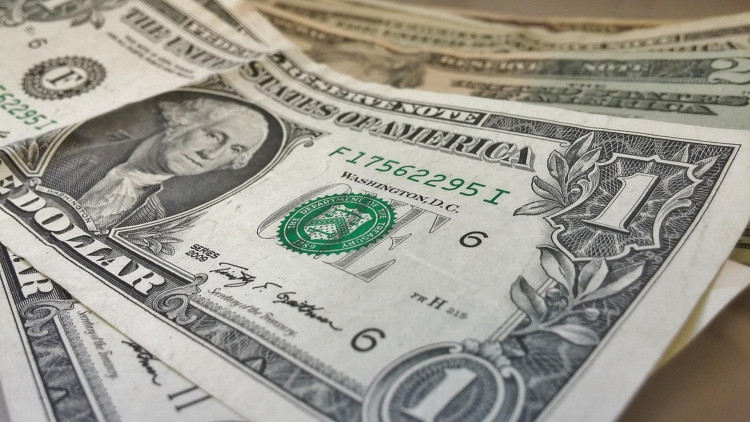The U.S. might have trouble reducing its $3.13 trillion budget deficit with China reducing its holdings of U.S. Treasurys owing to political tensions, according to banks and other financial analysts.
Much of this debt was incurred because of COVID-19 economic aid such as the $2.2 trillion Cares Act in March. An additional trillion-dollar rescue package that might be approved in January will add to the country's budget deficit, they said.
The additional costs of funding the new rescue package will mean issuing more U.S. Treasurys, they said.
Until this year China was the top buyer of Treasurys. China has since reduced its new acquisitions substantially as a result of attacks against it by the Trump administration over the COVID-19 pandemic.
Financial analysts say Trump's hostility has forced China to cut its reliance on the U.S. dollar by diversifying its foreign reserves into other currencies such as the yen.
"An important new addition is the political element - whereby it is likely China does not want increased interdependence with the U.S. associated with more dollar reserves," said Alan Ruskin, a strategist at Deutsche Bank.
"China will likely recycle most of any new reserve accumulation into non-dollar assets, because this is a relatively passive form of reserve diversification that will garner much less attention than actively selling existing dollar assets."
Until June, China was the world's largest holder of U.S. debt. China, however, has now fallen to second behind Japan and held $1.06 trillion worth of U.S. bonds as of August.
This is 15% lower than the $1.24 trillion China held at the end of 2015.
"While the U.S. economy is gradually healing, the costs of handling the pandemic are still stacking up," said Kristjan Mee, a research and analytics strategist at asset manager Schroders.
He said while private foreign investors have continued to purchase Treasurys this hasn't been enough to offset the weak demand from official institutions.
China is replacing U.S. Treasurys with Japan government bonds, bank analysts said. It more than tripled its purchase of yen bonds between April and July this year - China's highest in more than three years.
The U.S. Federal Reserve will likely take up some of the slack left by China by purchasing Treasurys on a much larger scale. Analysts added Singapore and Taiwan were expected to continue their Treasurys buying.
The U.S. government has run a budget deficit since 2002. Its last budget surplus - $127 billion - was in 2001 under former President Bill Clinton.
Economists said the year-over-year jump was mainly a result of the pandemic - which forced the federal government to spend more than $4 trillion.






